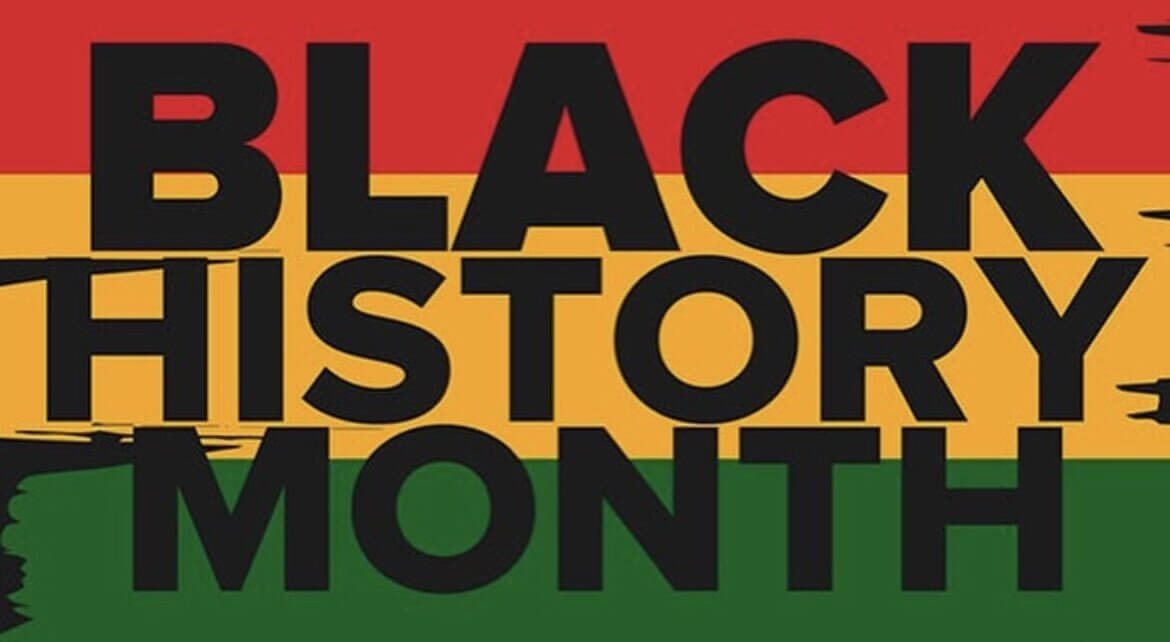February marks the beginning of Black History Month, which aims to acknowledge and celebrate the many achievements made by the African-American community. African American historian Carter G. Woodson originated the vision for this month in 1926, and it was recognized by former president Gerald Ford in 1976.
The annual observance of this month honors those individuals throughout history who elevated their voice in favor of this community. Some of the individuals include Malcolm X, Rosa Parks, and Martin Luther King Jr.
Claude Taylor, a Professor of Communication and Director for Academic Transition and Inclusion said, “For me, Black History Month (BHM) at its core is about bearing witness to the struggles of Black Americans and peoples of African-descent to gain full access to the promise of the American experiment with democracy. From its inception, BHM has been a collective effort to demonstrate that Black history is American history.”
Taylor also said that he deeply values the opportunity to learn more about the global Black experience and the accomplishments that have been hidden, ignored, or forgotten that should be recognized today.
Jihad Johnson M.S.Ed., Program Coordinator at The Intercultural Center, said, “Black History Month is a chance to celebrate Black achievement and provide a fresh reminder to take stock of where systemic racism persists and give visibility to the people and organizations creating change.”
The Black Student Union on campus creates a space for people of color to voice their thoughts, opinions and emotions.
Beverly Gopre, BSU president, and sophomore Health Studies major with a minior in Chemistry, says this club plans to cohost a black hair care event with the National Council of Negro Women (NCNW), and will support the numerous events already planned by the Intercultural Center.
Gopre mentioned “ Being that we attend a PWI, it is very difficult to find a community that can relate to you in many different aspects. This club allows for us to come together as a whole so we can find comfortability and success.”
Black History Month is important to Gopre because it highlights the black growth, culture, and history, yet believes that this celebration should be everyday. Students across campus share a similar sentiment
Chrismaele Anselme, a sophomore business student, said, “I believe that Black History Month should be a year-round component of our educational curriculum and not limited to the shortest month of the year.”
Naomi Louis, a sophomore psychology student, said, “Black History Month is important because it highlights the many contributions that black people have made in society.” Louis also said that white history is all that she has seen in textbooks and in-class discussions year-round, adding that it feels nice to have a break from that and focus on the achievements and love of Black life.
The Intercultural Center, along with the Black History Month Planning Committee, has planned a month-long event series organized by students, faculty, and staff across campus. There will be a mix of in-person and virtual events, along with a spotlight series via Instagram about individuals who have made a difference within the Africa-American community.
Every Saturday in February, a film will be available to students to stream for free for 24 hours, hosted by the Department of Student Life. For those who are competitive and would like to know more about this month, the Student Government Association (SGA) will be hosting a BHM Game Night in Anacon A, while the Intercultural Center will be hosting a trivia night via Zoom.
Throughout the month there will also be panels, and the opportunity for students to attend a special screening of the film “Who We Are: A Chronicle of Racism in America” along with a Q&A at the Count Basie Theater. Every Friday, the Intercultural Center will be giving out a free “For the Culture” T-shirt and will host other giveaways.
This month provides opportunities for all members of the University community to learn and explore the contributions and legacies of individuals across the African Diaspora. Students are encouraged to challenge themselves to attend an event and learn more about the rich history, culture, and accomplishments made by this community.




